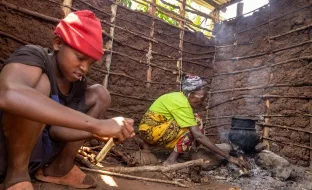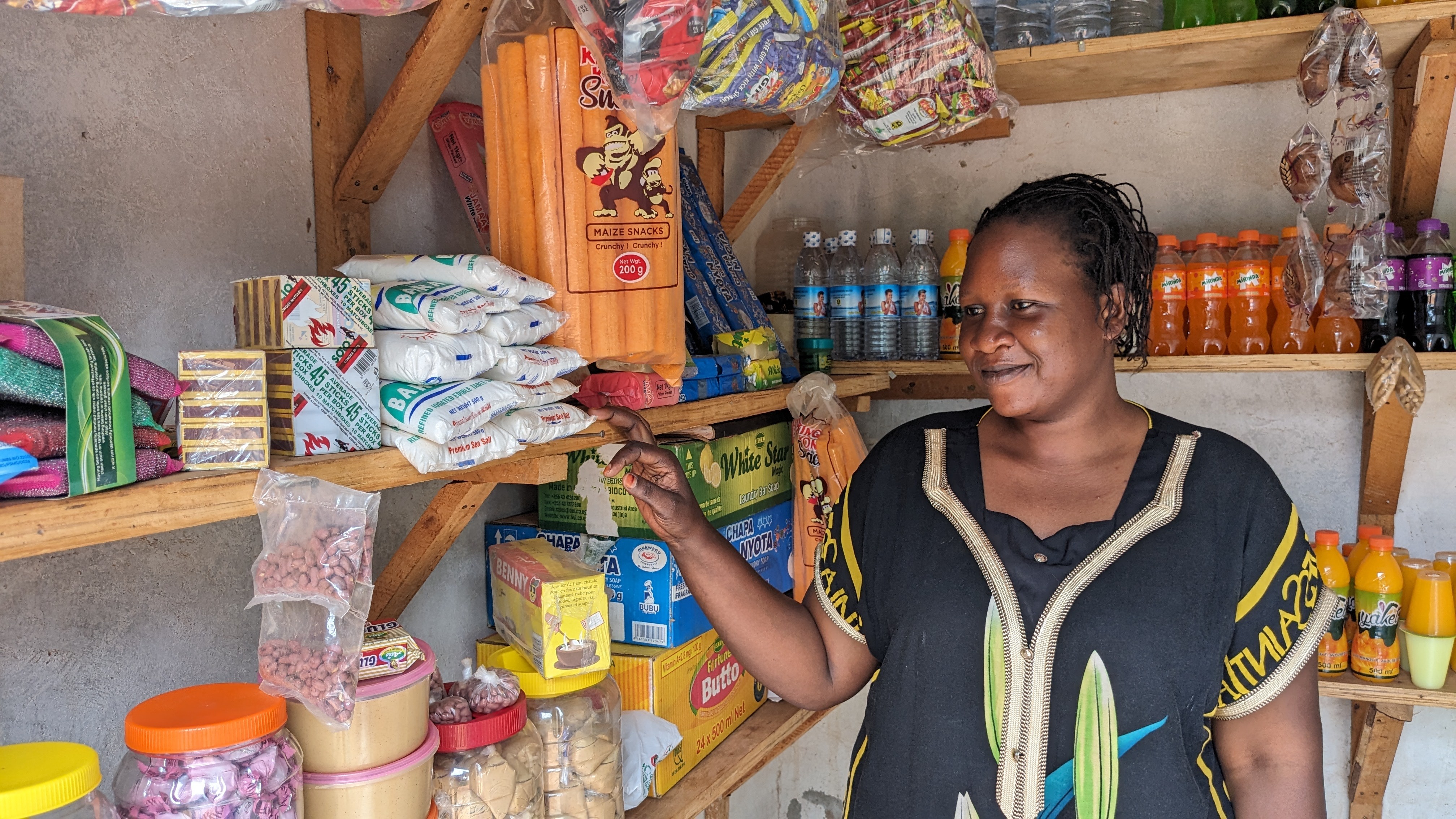You may have read our recent announcement that operations are afoot in Liberia. We’re excited to announce that we’ll be expanding our program to a fifth country: the Democratic Republic of Congo (DRC). As with Liberia, we’re learning that for each new launch, some of our standard playbook carries over (e.g. Day 1: figure out key contacts in the relevant government ministry we’re working with), and some of it doesn’t (see below on security). Here are a few early reflections.
The under-reported DRC conflict accounts for the highest death toll since WWII. We’re guessing you don’t read about it very often; few do. But two civil wars since 1996 have resulted in roughly 5M deaths, and nearly as many people displaced internally and as refugees in neighboring countries (read here about our work with Congolese refugees in Uganda). The consequences on the population’s standard of living are dire: roughly 85% live on less than $1.25 per day, and DRC ranks as the 12th least developed country in the world according to the Human Development Index, despite enormous natural resources.
We’re dealing with some new security challenges. We recognize that new risks consume management time, but we see value in building our capabilities to operate in lower security environments. The conflict underway has required us to set up new security protocols, including more robust corporate insurance, guidelines on where our staff can travel, and overall vetting of our approach with security experts. We’ve also been keeping a close eye on Ebola developments. We estimate that additional security costs will represent ~0.5% of our total budget.
The country is vast and diverse. DRC is the largest country in sub Saharan Africa by landmass (approximately two thirds the size of Western Europe), and home to ~ 250 distinct ethnic groups (and at least as many languages). We will largely be hiring staff that speak both French and Swahili, which should provide us with the coverage we need to operate across the Kivus.
It’s not the easiest place to get around. We don’t expect getting from Point A to B to always be straight-forward. DRC has less paved roads in total than Luxembourg (which is 1/1000th the landmass), and the Congolese have traditionally used water transport as a preferred means of navigating two thirds of the country. So — we plan to travel between operating bases in North and South Kivu by boat (a first for us).
The landscape is ripe for cash interventions. We’ll be able to share more detail on our programming soon, but bottom line: we think the question of “why not cash?” is as much in order here as anywhere. An Overseas Development Report on the humanitarian landscape in DRC says 1 this about the status quo:
“On the one hand, cash has been accepted by most donors and aid agencies as an appropriate response, with solid evidence underpinning its use…On the other hand, humanitarian strategy and leadership have largely been catching up to these developments more than encouraging them. In-kind assistance continues to be used where it should not be. While vouchers are increasingly common, cash transfers still account for only a very small portion of humanitarian aid.”
We remain excited, as always, to push for a new cash standard.
That said, payments will present some challenges. One constraint is that the most common large banknotes we’ve seen are 1,000 francs (~$0.60). So to cash out a typical instalment of $250 an agent would have to provide over 400 notes. In short, we have some thinking to do on how to create a smooth cash-out process for our recipients.
Those are some of the highlights for now – we look forward to keeping you posted on more operational details as our work progresses. Stay tuned!
1 https://www.odi.org/sites/odi.org.uk/files/resource-documents/11416.pdf

